
The “television versus film” argument has been around forever, and is quite frankly a little boring at this point. There are positives to both art forms and both don’t seem to be going away anytime soon.
A recurring comparison in the discussion is the idea that television is more akin to great literature, whereas a mediocre film could potentially be seen as an abridged version of the same story.
Here are a few movie titles that serve as an argument for why the lengthy film is still important; they’re clear examples of what film is capable of. Some of the choices might be a little obvious, but they’re still great films worth mentioning. And in certain cases, the line between television vs. film isn’t as clear as you’d think.
1. Dekalog (1988)
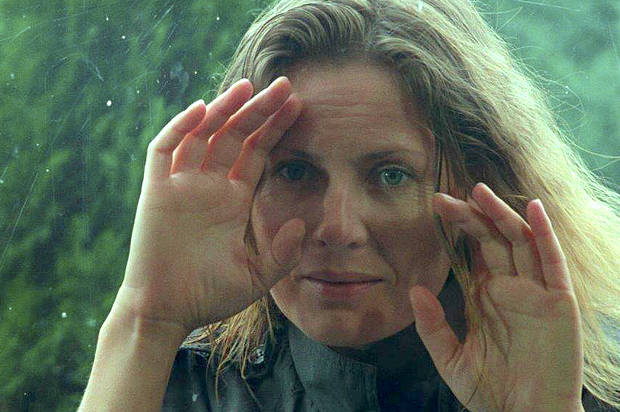
This is an interesting case where a work has a muddled reputation; it was originally intended for Polish television, but later found a life on DVD, and blu-ray. Although two of the episodes were made into film versions with longer running times (A Short Film About Love and A Short Film About Killing were adapted from episodes 5 and 6), Dekalog was never screened in North America or available for purchase until 2000.
It is difficult to define Krzysztof Kieślowski’s work as merely one or the other. Regardless of how you view Dekalog: it’s a great example of taking the best aspects of both artforms to produce something truly groundbreaking. The extended format of television is used, combined with conventions typically seen more of in film. It is very telling that Stanley Kubrick, obviously considered one of the most “cinematic” filmmakers, was a fan of Kieslowski’s Dekalog.
2. Casino (1995)
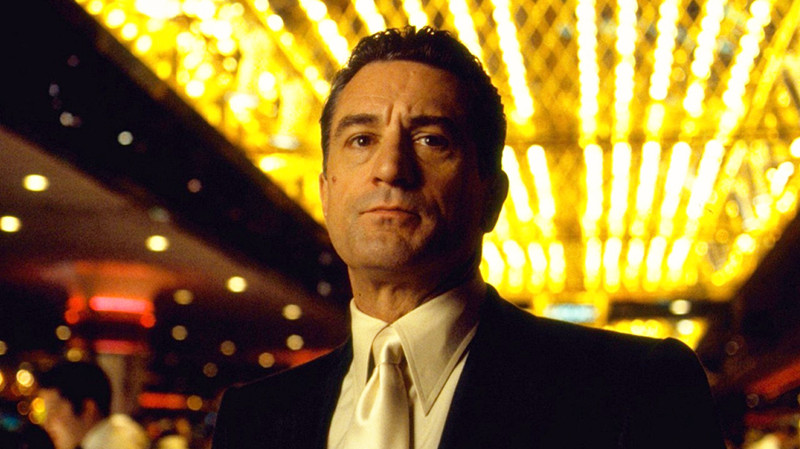
Casino clocks in 2 minutes shorter than 3 hours, but it still deserves your attention. Due to the narration and breaking the fourth wall, Wolf of Wall Street is often compared to Goodfellas.
However, Casino seems to be overlooked: it’s just as grandiose, if not more. Scorsese has mentioned that making such a long film was not the studio’s choice, but it was one he felt he had to make (as read in Conversations With Scorsese by Richard Schickel). There’s really no other way to tell this story with its themes of betrayal, loyalty, and danger.
3. The Deer Hunter (1978)
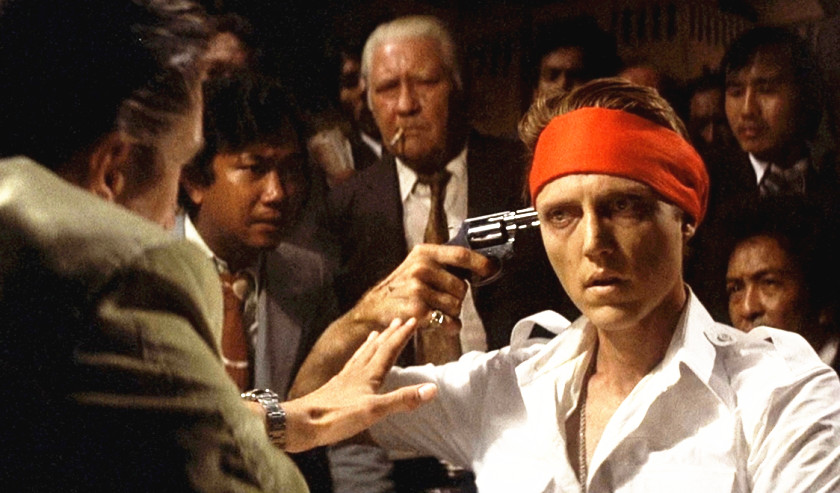
This is one of the most indulgent movies of all time. The beauty of this movie is the fact that it allows you to get to know its characters, and the world they inhabit. The Deer Hunter is of course now infamous for the Russian roulette scenes, and the shocking violence on display. But what the movie truly excels at is getting you on the side of the main characters before sending them off to war.
For a film known as being a “war movie,” it’s a little funny that for almost the first hour of The Deer Hunter we basically just see a group of friends hang out. They drink Rolling Rock, they attend a wedding, they joke around. “Show don’t tell” is a fundamental rule in storytelling, and in The Deer Hunter we get the best example of this. The violence, and the sense of loss that occurs later in the film wouldn’t be nearly as effective if it had a running time of 2 hours.
4. Edvard Munch (1974)
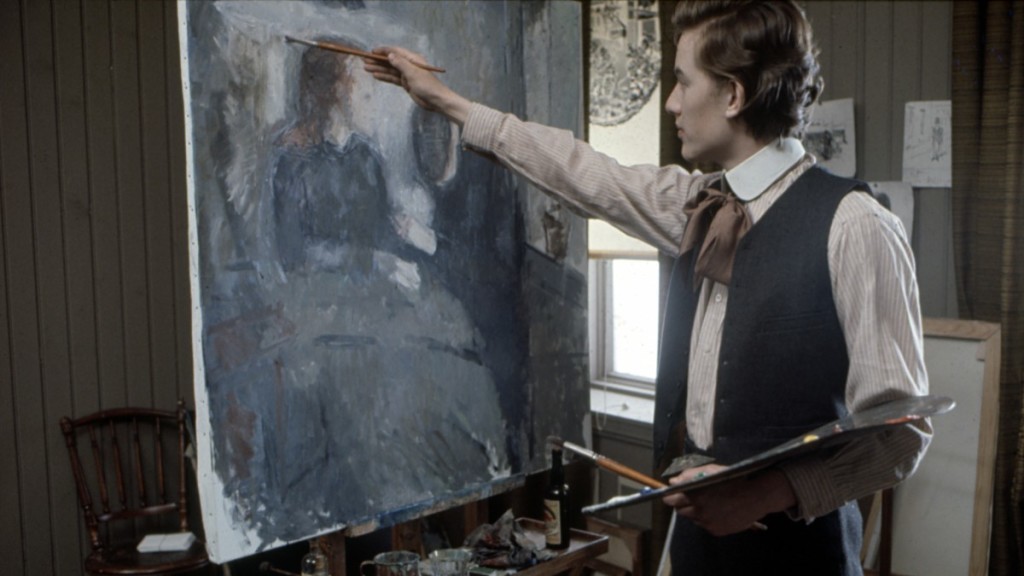
Edvard Munch tells the story of its titular painter. On the surface, it initially feels like something a substitute teacher was instructed to play for a classroom of bored students. But it’s so much more than that: originally made for television and clocking in at 3.5 hours, and later made into a 3-hour film version, the film takes some real risks. It’s not your average “biopic.”
The time covered in the film covers the first third of Munch’s life. Rather than focus on just the peak of its subject’s life, we are shown Munch’s childhood, and the moments that shaped the man and artist he became.
The film also goes on tangents that feature characters breaking the fourth wall (before Scorsese popularized it in Goodfellas), and disparaging Munch’s art. Edvard Munch is a biographical film unlike any other movie that attempts to tell the story of someone’s life. It’s bold, and the extended running time works in its favour. If you watch this movie, do yourself a favour and watch the full 210 minute version.
5. Scenes From a Marriage (1973)
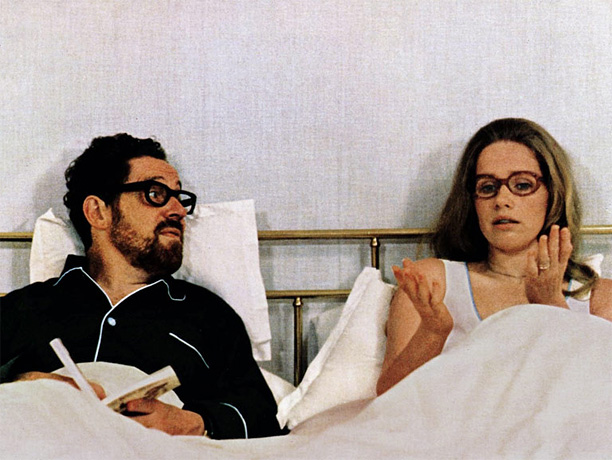
Another originally made-for-TV film; Ingmar Bergman’s masterpiece. While the film version is just under 3 hours, the full uncut work is over 4 hours long. For purists, the uncut version is how this film should be remembered. This is another instance where the running time adds a dimension to the film: we witness the trials and tribulations of a married couple.
Throughout the duration of the film we see their arguments, their discomfort, and their mistakes. At times it gets exhausting to see the two main characters argue with each other. How many times can two people have the same arguments? On paper it sounds ridiculous. But that is part of the genius of Scenes From a Marriage; you’re swept away in the middle of this married couple’s existence without even realizing how it happened.
One of the few movies that is slightly comparable to this concept is A Married Couple (1969). But at 1 hour and 37 minutes, it doesn’t come close to what Bergman has pulled off here.